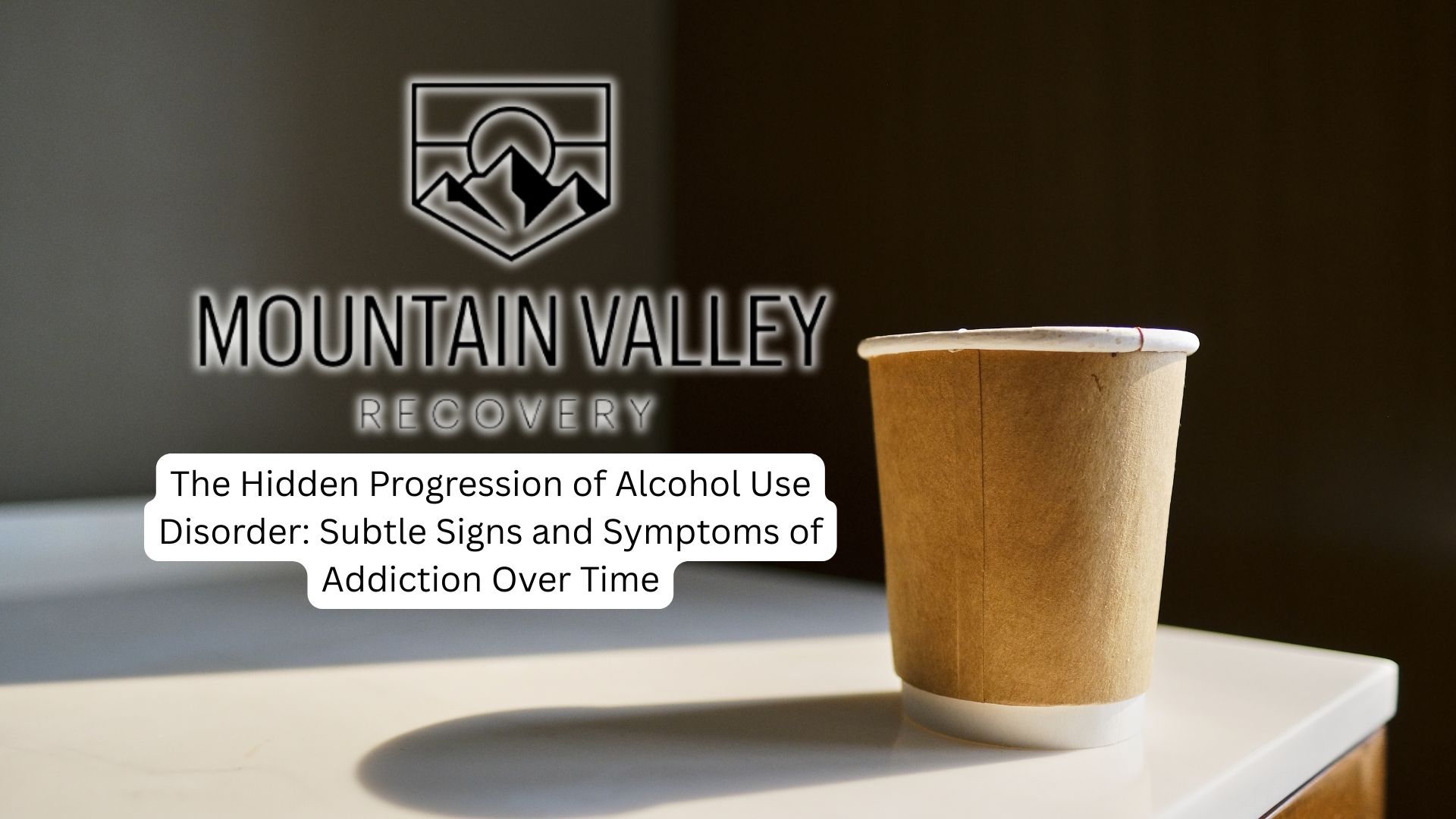Dual diagnosis, the simultaneous presence of mental health disorders and substance use disorders, presents unpleasant hurdles when it comes to addiction treatment. This challenge is further compounded when addressing the unique needs of men in rehabilitation settings.
In this article, we will highlight the various difficulties that emerge in men’s rehab for dual diagnosis cases. By bringing attention these issues, we aim to cultivate a deeper understanding of the distinct requirements for men with dual diagnosis and lay the groundwork for more effective and empathetic care in rehabilitation environments.
Stigma and Underreporting
Men may be afraid to seek help or support for mental health and substance abuse concerns due to the fear of being mocked or perceived as less masculine.
You may be afraid of judgment or discrimination from peers and healthcare providers, causing you to remain silent about your struggles with mental health issues and substance use disorders. This silence can be isolating, making you feel alone in your battle against dual diagnosis.
When addiction is viewed as a moral failing rather than a health issue, it’s understandable that you might hesitate to seek help. However, this perception is misguided and prevents you from receiving the support you need to recover.
Public awareness campaigns aimed at reducing stigma are essential to improve recovery rates and encourage you to seek help for both mental health and substance use disorders.
At Mountain Valley Recovery we provide the much needed dual-diagnosis care for men, who will reclaim their addiction-free life through different therapeutic approaches like Equine Assisted Therapy in Utah, which is one of our most successful programs.
Limited Specialized Facilities
Only about 18% of addiction treatment programs and 9% of mental health programs were found to meet the criteria for dual diagnosis capable services in a study of 256 programs across the United States.
Many programs that claim to offer integrated services for co-occurring disorders may not actually have the capability to do so effectively. There is often a disconnect between provider reports and objective evaluations of dual diagnosis capability.
The limited number of specialized facilities leads to disparities in treatment access, particularly affecting marginalized populations such as older adults, non-white individuals, and non-heterosexual populations.
Even with mandates to increase the availability of behavioral health and addiction treatment services, the unique needs of individuals with co-occurring disorders make service delivery challenging.
Differing Treatment Philosophies
The disconnect between mental health and substance abuse providers can create conflicts in care delivery, as the first may focus primarily on managing psychiatric symptoms while substance abuse treatment emphasizes sobriety above all else.
These differing treatment philosophies complicate efforts to provide integrated treatment for dual diagnosis patients. Some substance abuse treatment approaches, such as those centered on 12-step programs, may discourage the use of psychotropic medications, which are often crucial for managing co-occurring mental health disorders.
This can lead to clients receiving conflicting advice from peers or support groups, potentially undermining their treatment plans and increasing the risk of crises, including hospitalizations.
By fostering open communication, collaborative care planning, and a shared understanding of the complex interplay between mental health and substance use disorders, providers can work together to deliver comprehensive, integrated treatment that supports long-term recovery and improved quality of life for men with dual diagnoses.

Inadequate Integrated Care Training
Many clinicians are ill-equipped to effectively address co-occurring mental health and substance use disorders simultaneously due to inadequate integrated care training.
You’ll find that the 2003 President’s New Freedom Commission Report emphasized the need for better resources and training to manage co-occurring disorders, yet substantial gaps persist. Fragmented treatment protocols and limited training support hinder the implementation of effective integrated care models in many settings.
As a result, men seeking treatment for dual diagnosis face significant barriers to receiving the coordinated, evidence-based care they need.
Insurance and Cost Issues
The high cost of dual diagnosis rehabilitation stands as a formidable obstacle for men seeking treatment. Many programs range from $5,000 to $50,000 for a 30-day stay, depending on the facility and level of care provided. This high cost, combined with inadequate insurance coverage for dual diagnosis treatment, often leads to significant financial constraints for patients.
Many insurance plans don’t fully cover integrated treatment options, resulting in high out-of-pocket expenses that can limit access to care. Approximately 80% of individuals with dual diagnoses don’t receive the necessary treatment due to these financial barriers and limited insurance benefits.
While legislative changes like the Mental Health Parity and Addiction Equity Act aim to improve insurance coverage for mental health and substance use treatment, many patients still face challenges in accessing these services. Furthermore, the lack of standardized billing practices for dual diagnosis treatment complicates the reimbursement process, causing providers to avoid treating patients with co-occurring disorders due to financial uncertainties.
On top of all, a shortage of trained professionals who can effectively address both mental health and substance use disorders makes it difficult to deliver comprehensive care.
Final Thoughts from Mountain Valley Recovery
At Mountain Valley Recovery we are committed to empowering young adult males to discover their self-worth and confidence, which are crucial elements in overcoming the stigma and masculinity-related obstacles often associated with seeking help.
At our fully operational ranch, we offer an environment where men can directly confront their challenges, living with integrity and working towards self-reliance. Our approach acknowledges that there is no one-size-fits-all solution or quick fix. Instead, we customize our evidence-based clinical care to address the specific goals and needs of each individual.





